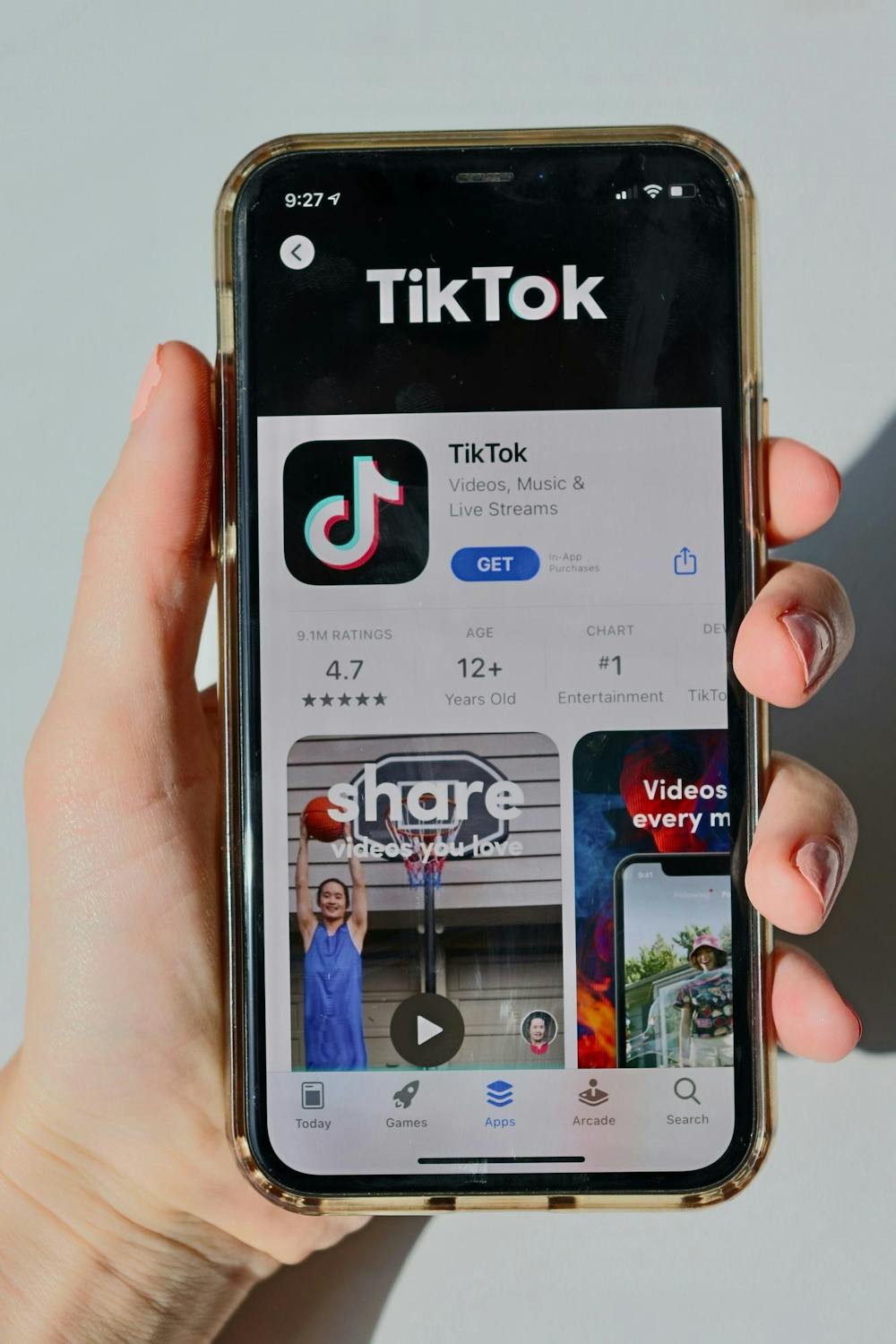There are a lot of questions concerning TikTok as of late. Will the Chinese government use your fashion and music preferences to interfere in the 2024 Presidential election? Will our senile grandparents in Washington D.C. restrict young people’s rights, once again? How will the economy adjust to the influx of unemployed TikTokers, who have no legitimate skills or work experience? These are the questions, the real concerns that are important. However, there is no limit or necessity to diving into these most pressing issues of our time. If I were to take a definitive political stance, my argument would summarily be discredited, silenced and eliminated by Notre Dame’s very own bureau of TikTok apologists. I’m good. Therefore, this article will be strictly cautionary with respect to the national security threat and implications to your mental sanity as a result of TikTok.
There is concern that your personal data will be accessed by the Chinese government, which in the eyes of the United States government is a foreign adversary. Many fear that this access constitutes foreign surveillance, which could pose a threat to national security, especially in light of the upcoming 2024 Presidential election. This is the dominant view. Whether it be fueled by genuine concern for Americans’ safety or ethnocentric nationalism, I do not know. But I do suggest an alternative view. Perhaps, the Chinese government’s potential desire for Americans’ personal data is compelled by mainly economic interests. In the same way that American social media companies gather your personal data to optimize the user’s experience, could it be that a Chinese social media company wishes to gather personal data to make a more personalized user experience? A more profitable situation? Why is it that the gathering of personal data is more acceptable for an American entity rather than a Chinese entity, as if the former were categorically incapable of committing anything malicious.
There is also concern that if TikTok were to be divested, the U.S. acquirer could be subject to pressures by the U.S. government, as has been the case with other social companies. Essentially, there is worry that a U.S. owned TikTok could become another tool for government surveillance and censorship. Could it be that the eagerness on the part of our lawmakers to divest TikTok be an attempt to increase the security state, rather than a concern for national security? I do not know. Can we trust that anything we find on social media has not been influenced to some degree by the whim of an unelected government official? I do not know. Do we, as Americans, value freedom and truth, or are we slaves in a cruel, endless cycle of power politics? I do not know.
In regard to one’s sanity, there is concern that TikTok is diminishing one’s intellectual capacity. Some attribute this to the nature of the short videos, that is low-brow, cheap entertainment; while others attribute this to the highly addictive element of an algorithm that offers highly personalized content. Many point toward the consequences on the youth, whose attention span and ability for in-person human socialization are rapidly diminishing.
To this, I offer words of caution. There is no doubt that TikTok users enjoy the entertainment value of the application. But, I would wager that the crux of why TikTok is so highly favored is due to the ability to learn anything from a seemingly infinite number of content creators. If you have a question about who really assassinated JFK, there are answers — quick and many. If you want to learn how to cheat on Canvas quizzes, there is a TikTok for that. If you want to learn about the eternal mystery concerning where babies come from, there is hope for you. TikTok, or any social media application for that matter, has essentially become our primary repository of information. Amidst our lifelong human journey toward true wisdom of the world, we divert course to the attractive pit-stop of TikTok, which offers quick and easy information. Instead of self-examination, dialogue and genuine encounters between persons, we settle for a mere accumulation of data. More data equals more information. More information equals more wisdom. The more data, the better.
Could it not be that this leads to a sort of mental pollution where we are overloaded and confused by the media we consume? It follows that the only way to seek a remedy to this overload and confusion is to refer right back to the source of the issue. It is a vicious cycle of intellectual slavery. For what happens when this source of “wisdom” ceases to exist? We would not know how to fix this void because we depend on this source for the solution. More broadly, what happens when we no longer know how to fix the very problems that we created? What happens then? I think you know.










